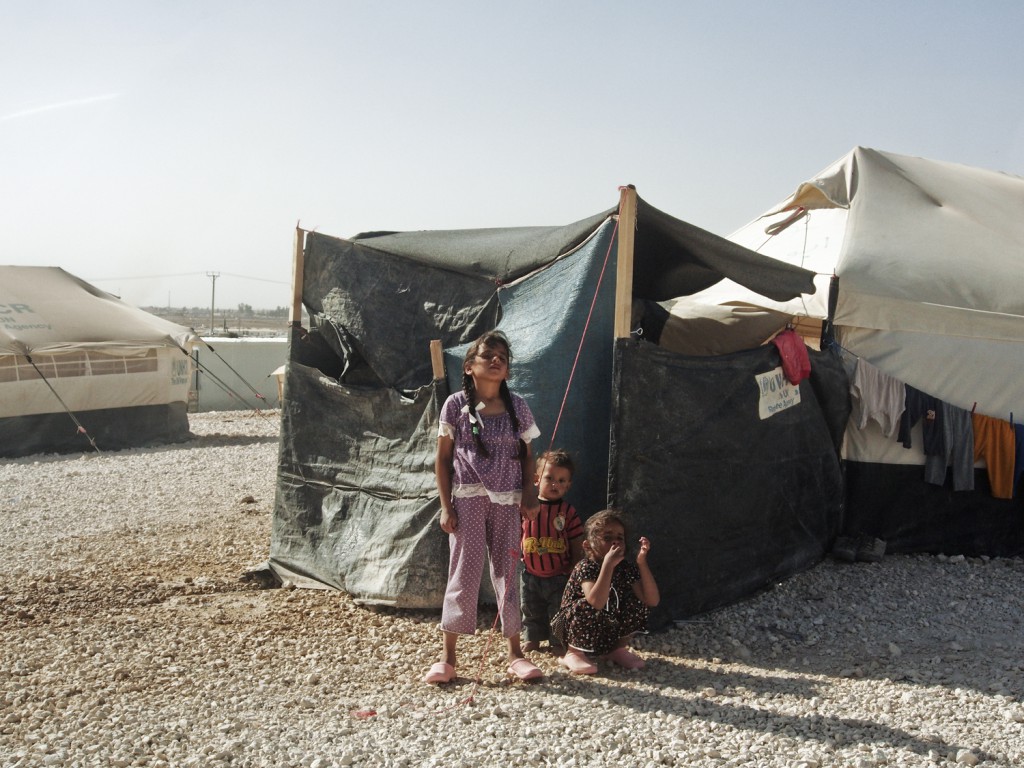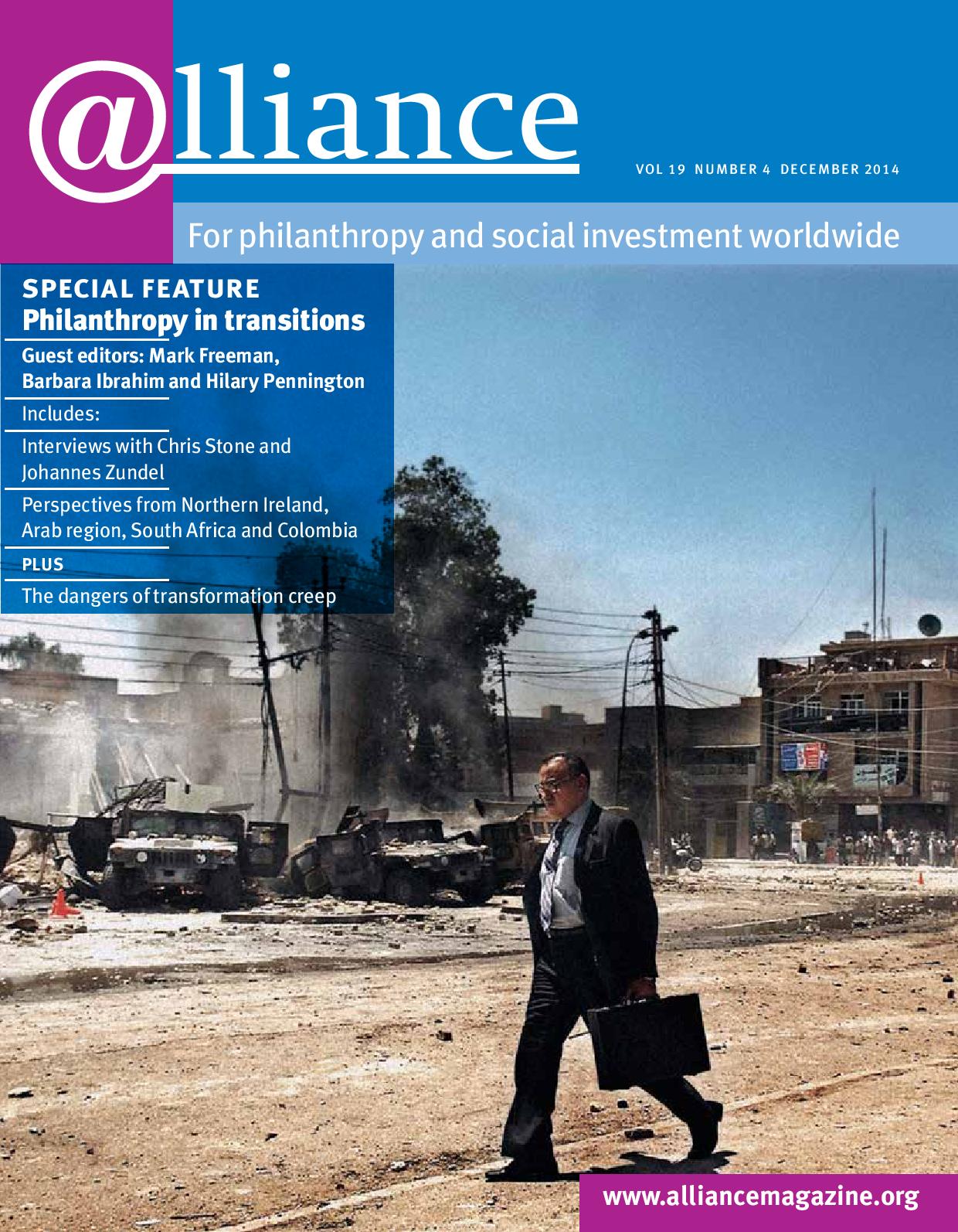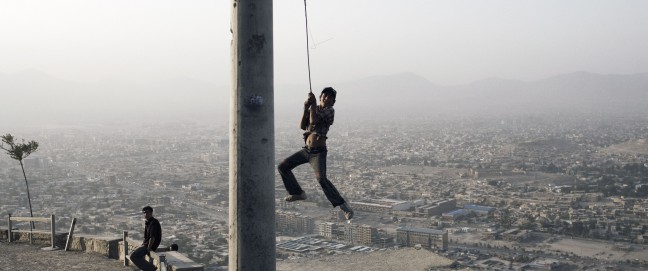Promotion of the rule of law, peace, dialogue, reconciliation and respect for human rights are all fundamental pillars of Norwegian foreign policy. All these elements are also important components for countries in transition. Norway works on these issues alone or in cooperation with other countries, researchers, NGOs, and organizations within and outside the UN system. Until now, direct collaboration with international philanthropy has been rare. But in a new development, the Peace and Reconciliation Section of the Norwegian Foreign Ministry has joined with Carnegie Corporation of New York to fund innovation in the field of peacebuilding.
The need for peacebuilding
After the initial sharp rise of intra- and inter-state armed conflicts that followed the end of the Cold War, the number of such conflicts actually decreased. The multilateral system, particularly the UN, became more effective in preventing and solving conflicts. Governmental and non-governmental action also contributed greatly. But fewer armed confrontations and more peace processes meant more post-conflict situations. The number of countries moving from authoritarian regimes to democracy also placed stress on the international community to devote financial, diplomatic, political and in some cases military resources to support transitions, which in many cases involved not only peacebuilding but also state-building elements.
Norway is very active in supporting these varied types of transition in fragile countries. This is a logical extension of our policy of facilitating peace processes. We believe that transitions in post-conflict environments need to be inclusive and sustainable, creating a new social contract between the government and the people, and between the state and the international system.
As a peaceful country with a sound economy, there is a political and social consensus in Norway that we have a responsibility to contribute to the well-being of other countries and societies. We have a unique position, combining the absence of a colonial past, recognized experience in managing substantial energy resources, and a history that includes a transition from being an impoverished to a wealthy nation.
A multidimensional engagement
In its engagement with societies in transition, Norway is deeply committed to work that supports integrated approaches that combine multiple objectives: respect for the rule of law, democracy, equal rights (with particular attention to the role of women and their pivotal role in peace and security), education, the establishment of mixed economies with distributive policies, accountable and transparent institutions, poverty eradication and sustainable development. This multidimensional perspective has been developed by the Norwegian government in close cooperation with research institutes in Norway and abroad, and in constant dialogue with civil society organizations.
In the last two decades, Norway has been involved directly or indirectly in peace initiatives of different kinds, for example in the Middle East, in Asia (Sri Lanka, Nepal, Myanmar, Afghanistan), in Africa (Somalia, South Sudan) and Latin America (Guatemala, and currently as a guarantor of the Colombian peace process together with Cuba). As the configuration of the international system is changing, Norway is also establishing special links with emerging powers like Brazil that were themselves in transition a few decades ago. Together, we believe in an approach that emphasizes dialogue and mediation, a long-term perspective, facilitation of solutions, and inclusiveness.
Experiences
One lesson from past experience is the critical role that state institutions play in ensuring security, the rule of law and protection of the rights of women and minorities, among other critical functions, during the transition. With this in mind, Norway has provided funding to help build the capacities of state institutions so that they are better able to fulfil their statutory responsibilities. It has also provided funds to civil society projects that likewise contribute to the consolidation of state institutions, for example in Haiti.
However, Norway is probably best known for its role in various peace processes as a trusted facilitator working towards a negotiated transition. Norway has had a long engagement in Israel/Palestine, starting with its role in the Oslo Peace Agreements, in supporting dialogue and track I and II peace initiatives; the Palestinian state-building project; and civil society organizations in Israel and the Occupied Territories willing to cooperate in the two-state solution. In the Philippines, we were requested in 2001 to act as facilitator for the peace process between the Philippine government and the communist front (NDFP). During his visit to the Philippines in January 2014, Foreign Minister Børge Brende reconfirmed Norway’s willingness to facilitate renewed talks if the parties so wished.
In the case of Colombia, Norway has been engaged for close to two decades in various dialogue initiatives between the government and the left-wing FARC and ELN guerilla groups. Over time, useful contacts and networks have been established with the main actors, thus facilitating Norway’s current role in the Colombian peace talks.

Jordan, June 2013. Syrian children next to their tent in the Zaatari refugee camp.
Photo by Moises Saman/MAGNUM
The partnership with Carnegie Corporation
Norway continues to learn about support for democratic and post-conflict transitions. But there are new challenges today that require new solutions, and we are therefore investing in innovation.
A year ago, Carnegie Corporation of New York and the Norwegian Ministry of Foreign Affairs decided to join efforts in order to promote new actors as well as identify innovative approaches in peacebuilding. This joint Public–Private Partnership on Peacebuilding (Px4 Initiative) will provide funding to consortia for projects involving a US, a Norwegian and at least one southern/emerging power partner.
Norway’s Ministry of Foreign Affairs will continue to look for creative innovations to support peacebuilding. Applying lessons we learn along the way, we can all do better in helping countries to achieve successful transitions.
Carnegie Corporation of New York’s International Peace and Security programme works on a range of security and peacebuilding issues, from nuclear security to developments in Afghanistan and Pakistan. Of late, the programme has paid special attention to citizen uprisings and political transitions across the Middle East and North Africa, as well as Pakistan. And now, through our partnership, we have begun something new. Conversations are also under way with several other major US private foundations and grantmaking institutions about joining the partnership in some fashion.
Norway’s Ministry of Foreign Affairs will continue to look for creative innovations to support peacebuilding. Applying lessons we learn along the way, we can all do better in helping countries to achieve successful transitions.
Tore Hattrem is director general of Norway’s Ministry of Foreign Affairs.






Comments (1)
Dear Sir/Madame: We are from the Canter for pace and Community Development a Liberian Not-For-Profit Organization aim at: 1. Develop and expose Liberian citizens towards the tremendous global changes that are fast approaching so that we make things develop toward a truly human society. 2. Promote and encourage respect for human rights and freedom for all without distinction of race, sex, language, culture or region. 3. Further the acceptance and the application of science, reason, and critical thinking in all human activities 4. Defend democratic principles and values as a means of protecting human rights; and fight Child abuse and all other forms of human degradation. 5. To engage into community development initiatives through means including advocacy, awareness-raising, networking and partnership collaboration projects focusing on creating enabling environment and conditions for construction of community housing units; schools and halls, marketplaces, roads, streets, drainages, and bridges for urban and rural community development. 6. To engage into the construction of Water, Sanitation and Hygiene-WASH facilities including institutional and communal latrines and bath spaces, pure and safe pipe born water; implementing other community project works, services and offering related community development consultancy services to local and international partners and donors. 7. Acquire any and all necessary equipment, materials and services including woods, cement and zinc to prepare shelters for occupancy in both urban and rural areas and therefore acquire and gather equipment such as trucks, pick-ups, tractors and others as well as specialized personnel local and foreign carpenters, masons, plumbers, construction engineers of various specialize areas for the achievement of these purposes 8. To engage in advocacy and awareness campaign of the United Nation Sustainable Goals for its achievement in Liberia and carry out peace awareness in various communities in Liberia To engage into the business of training farmers in modern farming methods and mechanized farming technologies for high yields and productivity to end hunger and promote nutrition, food security, self-reliance in rice production ¡n communities; run poultry farms for communities, carry out animal husbandry and fish farming or aqua culture; support cocoa and coffee farming; distribute farming materials and equipment and seeding; establish nurseries; organize agriculture cooperatives we therefore wish to request a partnership with your organization. Thanks for your consideration and look forward to hearing from you and your Institution Thanks Executive Director